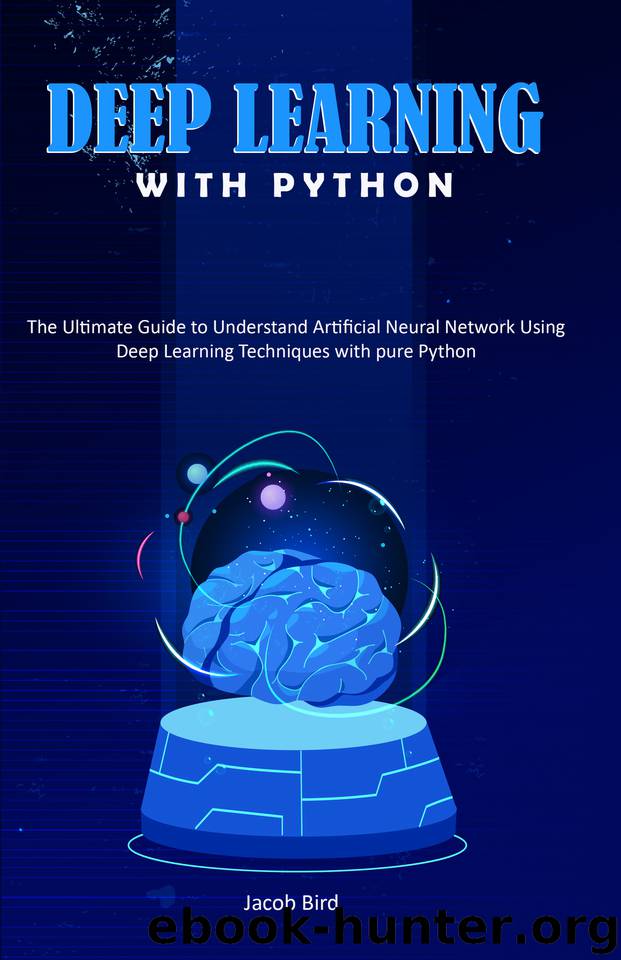Python for Absolute Beginners: Learn How to Develop Applications from scratch with Python Programming Language With Scipy, NumPy, and Matplotlib by Davison Josh

Author:Davison, Josh [Davison, Josh]
Language: eng
Format: epub
Published: 2020-04-01T16:00:00+00:00
The elif statements
We have talked for some time about two of the conditional statements available for Python encoding. First, the if statements are a good place to practice with the conditional statements. They are based on the idea of the answer the user gives you, true or false. If the user gives an answer that is considered true, the program will complete what you then have in the code. If the answer is seen as something false, the program will stop. It is meant to be something that is easy to work with and can give you some practice writing codes.
Then you can skip to the if else statements if your code needs a little more. With the if else statements, we went a step further and drafted something that would cause the user to get some sort of results regardless of the answer they put into the system. We've even looked at a few examples of how you could use the if else statement so we can see how they differ from the if statements.
And the third type of conditional statement that you can work with when you want to encode in Python is known as the elif statement. The elif statement will be great to work with as it allows the user to view a few options with which you can present them, and then, based on the type of answer the user gives, the program will start results you added to the code before.
You will actually see many different programs that will rely on the elif statements. One place where you can see this kind of conditional statement is when you are playing a game, and there is a menu that starts on the program, this is a good sign that an elif statement is being used. These conditional statements will be helpful when it comes to offering a few options to the user, rather than one or two.
When you use the elif statements, you get a little bit of freedom with what you are going to add to the code. You can choose to add just a few options, or you can add quite a few, as long as you write this code correctly and check that the correct function is in the right place. In addition, you may want to keep the number of these you use to a minimum, because having too much will increase the complexity of the code. You have to decide if you want to do this.
One of the best ways to determine how you use the elif statements and whether it will work in the code you are trying to write is to look at some examples of how the elif statement works. The following syntax can be used to write an elif statement:
as expression1:
explanations)
elif expression2:
explanations)
elif expression3:
explanations)
different:
explanations)
This is a fairly simple syntax of the elif statement, and you can add as many of these statements as you like. Just take that syntax and then put the correct information in each part and the answer listed next to it.
Download
This site does not store any files on its server. We only index and link to content provided by other sites. Please contact the content providers to delete copyright contents if any and email us, we'll remove relevant links or contents immediately.
The Mikado Method by Ola Ellnestam Daniel Brolund(20973)
Hello! Python by Anthony Briggs(20251)
Secrets of the JavaScript Ninja by John Resig Bear Bibeault(18611)
Dependency Injection in .NET by Mark Seemann(18406)
The Well-Grounded Java Developer by Benjamin J. Evans Martijn Verburg(17929)
OCA Java SE 8 Programmer I Certification Guide by Mala Gupta(17688)
Kotlin in Action by Dmitry Jemerov(17587)
Adobe Camera Raw For Digital Photographers Only by Rob Sheppard(16937)
Algorithms of the Intelligent Web by Haralambos Marmanis;Dmitry Babenko(16508)
Grails in Action by Glen Smith Peter Ledbrook(15651)
Test-Driven iOS Development with Swift 4 by Dominik Hauser(10483)
Becoming a Dynamics 365 Finance and Supply Chain Solution Architect by Brent Dawson(8058)
Microservices with Go by Alexander Shuiskov(7822)
Practical Design Patterns for Java Developers by Miroslav Wengner(7725)
Test Automation Engineering Handbook by Manikandan Sambamurthy(7676)
Angular Projects - Third Edition by Aristeidis Bampakos(7163)
The Art of Crafting User Stories by The Art of Crafting User Stories(6613)
NetSuite for Consultants - Second Edition by Peter Ries(6535)
Demystifying Cryptography with OpenSSL 3.0 by Alexei Khlebnikov(6306)
